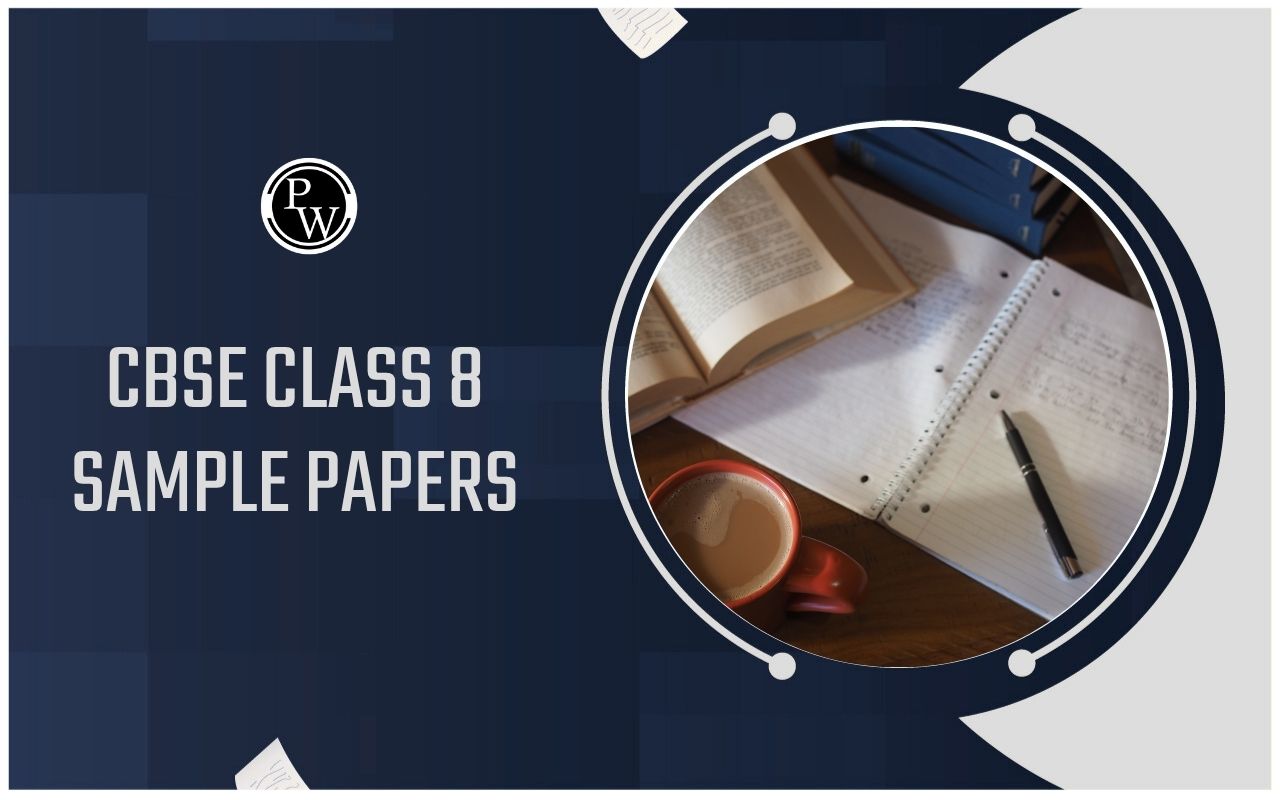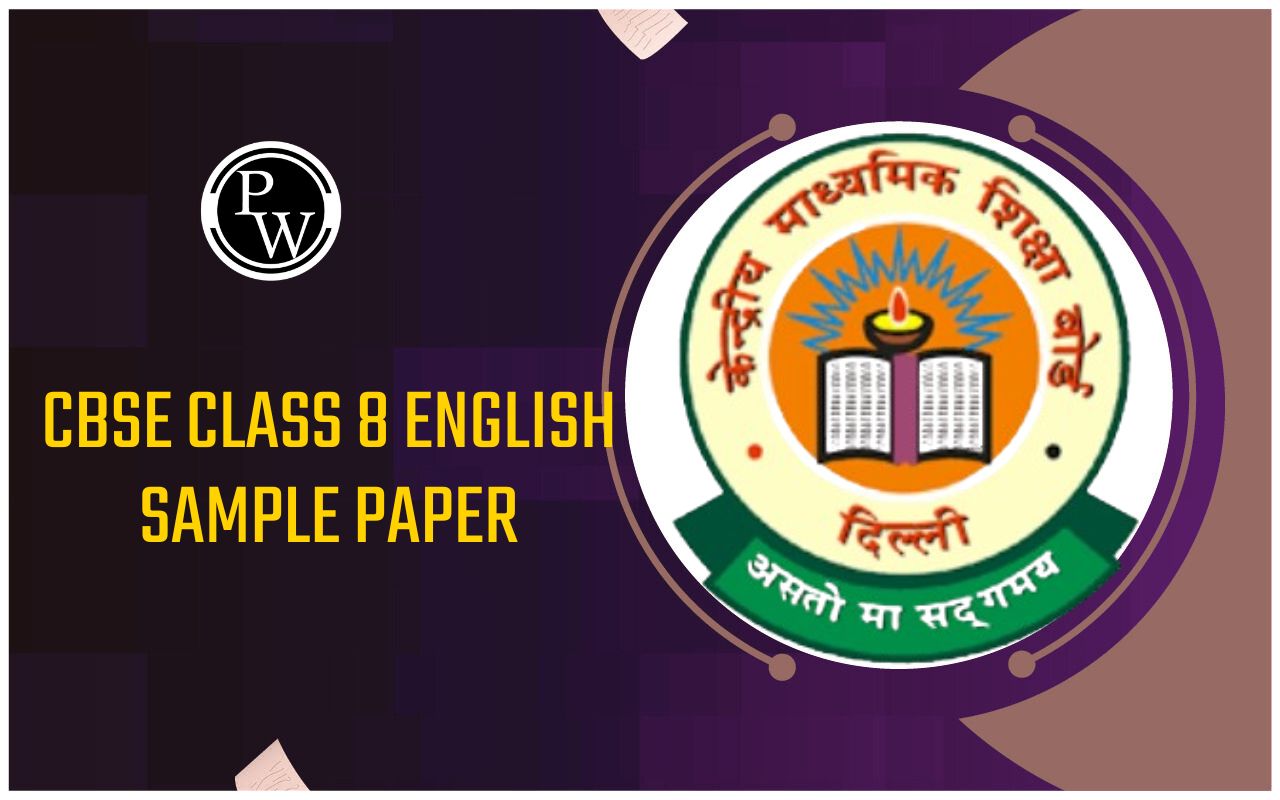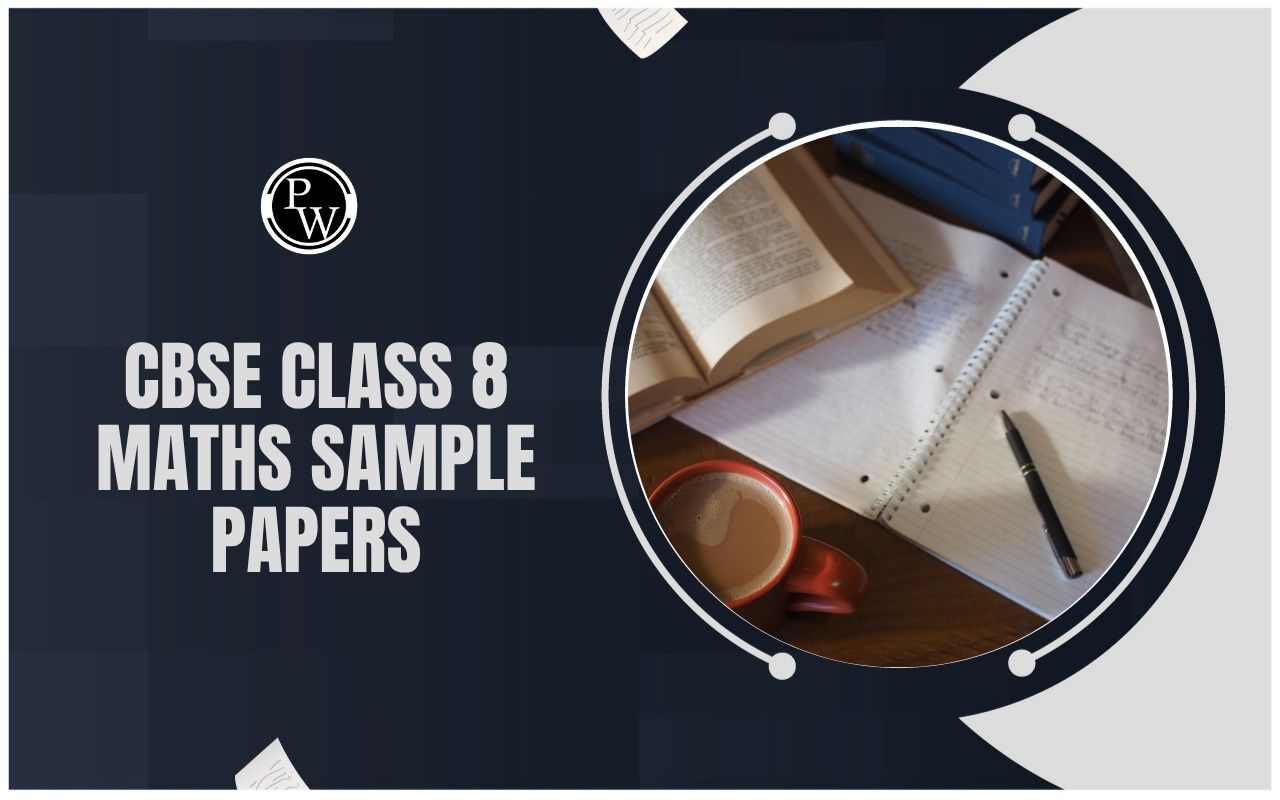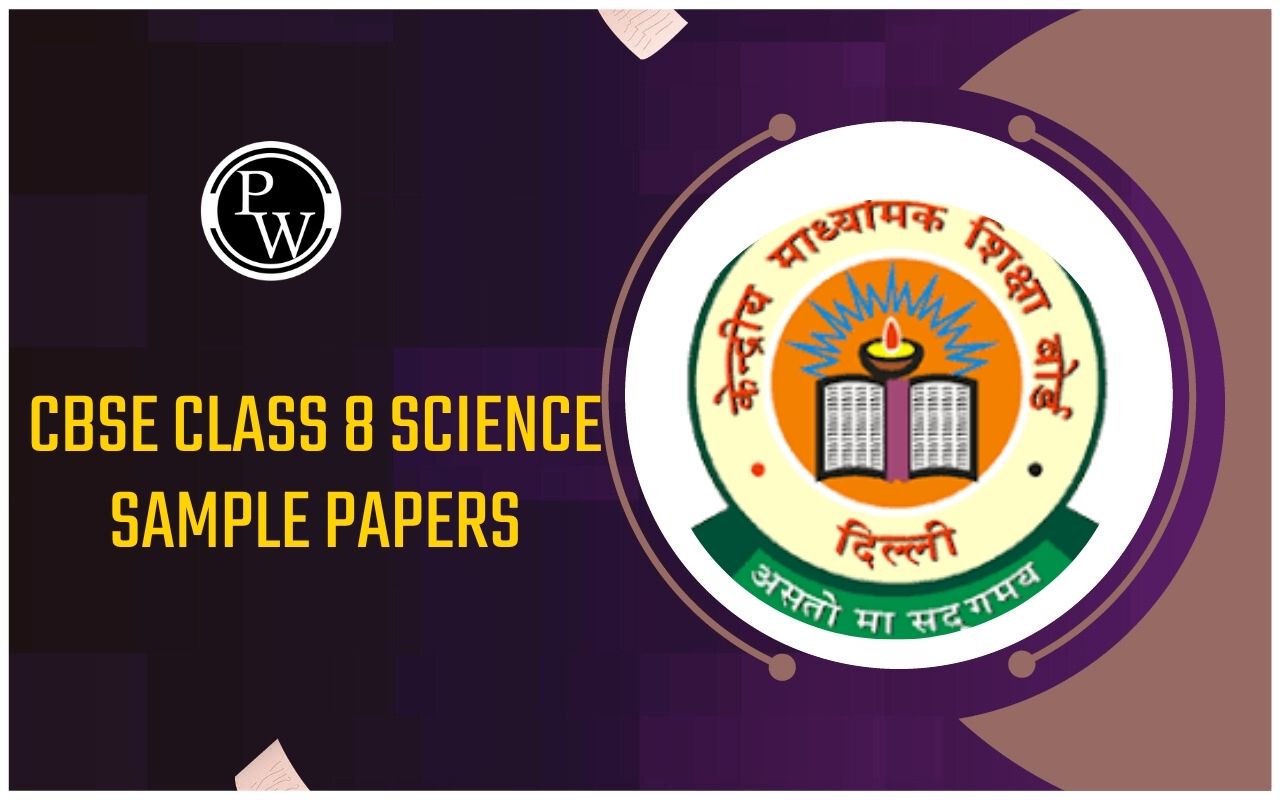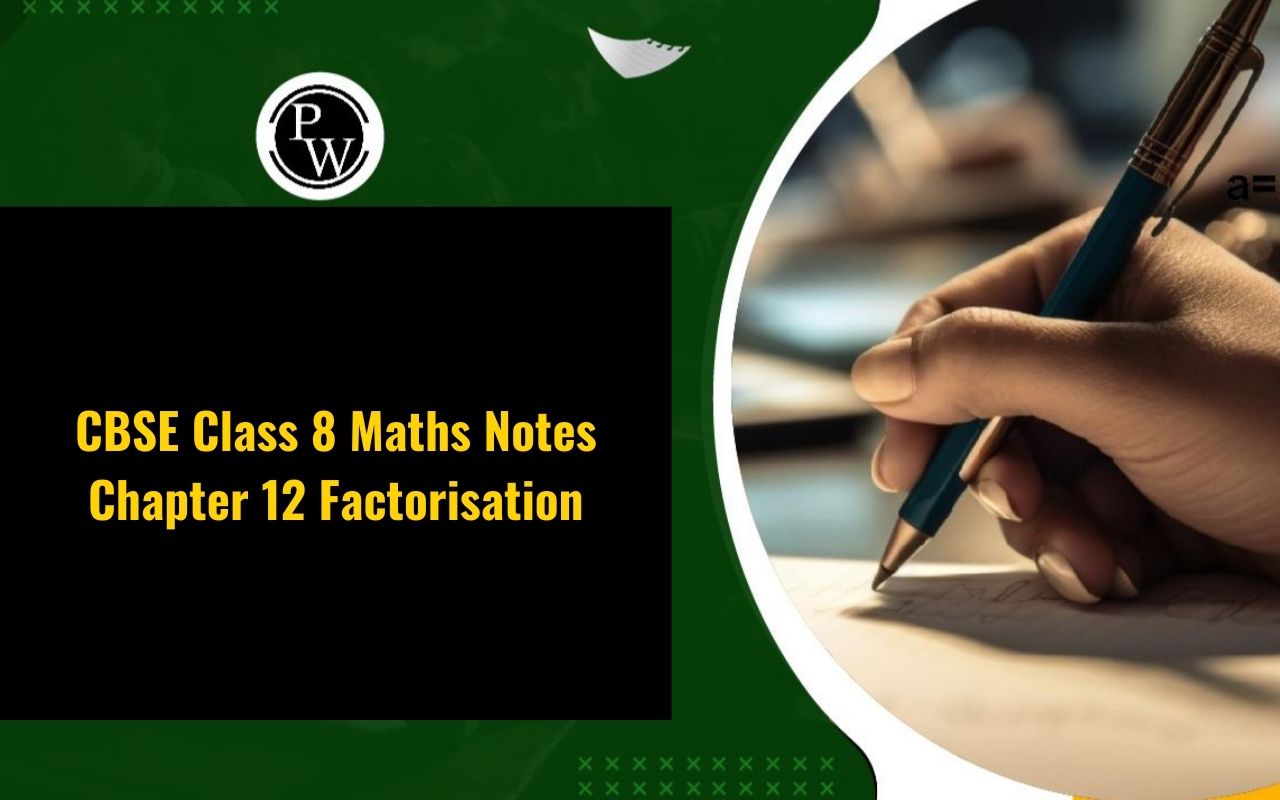
CBSE Class 8 Civics Notes Chapter 10: CBSE Class 8 Civics Notes Chapter 10 Law and Social Justice explains how laws help protect people from being treated unfairly and ensure social justice. It shows how the Indian Constitution’s Fundamental Rights are put into practice through various laws.
For example, the laws prevent children from working in dangerous jobs and stop people from being forced to work for very low wages. The chapter helps students understand how these laws work in real life and their role in making sure everyone is treated fairly. It highlights the importance of laws in protecting people and promoting justice in society.Law and Social Justice Class 8 Notes Chapter 10
CBSE Class 8 Civics Notes for Chapter 10 Law and Social Justice are prepared by the subject experts of Physics Wallah. These notes provide a detailed overview of how laws are designed to protect individuals from exploitation and ensure social justice. The notes provide a clear and detailed explanation of how these laws work to uphold fairness and equality in society making complex legal concepts accessible and understandable for students.CBSE Class 8 Civics Notes Chapter 10 PDF
The PDF link for CBSE Class 8 Civics Notes Chapter 10 Law and Social Justice is available below. It covers the practical implementation of Fundamental Rights as outlined in the Indian Constitution, ensuring that students have a clear understanding of how these laws work to address issues like forced labor and child employment.CBSE Class 8 Civics Notes Chapter 10 Law and Social Justice PDF
CBSE Class 8 Civics Notes Chapter 10 Law and Social Justice
Here are the CBSE Class 8 Civics Notes for Chapter 10 Law and Social Justice. This chapter explains how laws help protect people and ensure fairness. It covers how laws prevent workers from being treated unfairly, stop child labor, and make sure safety rules are followed. The notes include important events like the Bhopal Gas Tragedy to show why strong environmental laws are needed. The chapter also discusses the Right to Life, which includes the right to clean air and water. These notes help understand how laws support social justice and the role of both the government and people in making sure these laws are followed.Introduction
According to laws on minimum wages, workers must be paid at least the minimum wage set by the employer. There are also various laws designed to protect the interests of producers and consumers in the market. These laws help ensure fair relationships between workers, consumers, and producers, preventing exploitation. By creating, enforcing, and upholding these laws, the government can regulate the actions of individuals and private companies to promote social justice and ensure fair treatment for all.What is a Worker’s Worth?
In India, due to high unemployment, many workers are willing to accept unsafe working conditions for a wage, making it easy for one worker to replace another. This has led to ongoing issues, such as frequent accidents in construction sites, mines, and factories, reflecting the employers' disregard for safety. A worker's worth is essentially how much value or importance they hold in their industry.Enforcement of Safety Laws
The government is responsible for ensuring that safety laws are properly enforced and that the Right to Life, as guaranteed by Article 21 of the Constitution, is protected. However, as demonstrated by the Bhopal Gas Tragedy, governmental negligence can lead to disastrous outcomes. In this case:- Lack of Recognition: Government officials failed to recognize the plant as a hazardous facility and allowed it to operate in a densely populated area.
- Failure to Demand Safer Practices: The government did not require Union Carbide to adopt cleaner technologies or safer procedures.
- Inadequate Inspections: Government inspectors continued to approve the plant’s procedures despite repeated incidents of leaks, indicating serious safety issues.
New Laws to Protect the Environment
The Bhopal Gas Tragedy highlighted the urgent need to protect the environment from industrial pollution. Previously, industries could pollute the air and water with little regulation. In response, the Indian government introduced new environmental laws to address these issues.Key Points Include:
- Fundamental Right: The Right to Life under Article 21 of the Constitution now includes the right to a clean and healthy environment, encompassing pollution-free air and water.
- Judicial Support: Courts have upheld that a healthy environment is essential for the full enjoyment of the Fundamental Right to Life.
- Government Responsibility: The government must implement laws to control pollution, clean rivers, and impose heavy fines on polluters.
Benefits of CBSE Class 8 Civics Notes Chapter 10 Law and Social Justice
- Understanding Fundamental Rights: The chapter helps students grasp the significance of Fundamental Rights, particularly the Right against Exploitation and its role in protecting workers and children from unfair practices.
- Knowledge of Legal Protections: Students learn about various laws designed to safeguard individuals from exploitation, such as minimum wage laws and regulations against child labor, enhancing their understanding of legal protections in society.
- Awareness of Social Justice Issues: It provides insights into how laws aim to address social justice issues, helping students understand the importance of equitable treatment and protection for all citizens.
- Role of Government and Public: Students gain awareness of the government's role in enforcing laws and the importance of public involvement in holding both private companies and government accountable for maintaining social justice.
CBSE Class 8 Civics Notes Chapter 10 FAQs
How do laws protect workers according to this chapter?
The chapter explains that laws protect workers by setting minimum wage standards, regulating working conditions, and prohibiting child labor to ensure fair treatment and safety in the workplace.
What role does the government play in enforcing safety laws?
The government is responsible for ensuring that safety laws are implemented and upheld. This includes regulating industries, conducting inspections, and taking action against those who violate safety standards.
What was the impact of the Bhopal Gas Tragedy on environmental laws?
The Bhopal Gas Tragedy highlighted the need for stronger environmental regulations. It led to the introduction of new laws aimed at protecting the environment and ensuring that industries follow pollution control measures.
Why is public involvement important in enforcing laws for social justice?
Public involvement is important because it helps hold both private companies and the government accountable, ensuring that laws are enforced effectively and that social justice concerns are addressed.
What are some examples of new laws introduced to protect the environment?
Examples include laws that regulate industrial emissions, mandate pollution control measures, and impose fines for environmental damage to ensure that industries do not harm public health and the environment.
Talk to a counsellorHave doubts? Our support team will be happy to assist you!

Check out these Related Articles
Free Learning Resources
PW Books
Notes (Class 10-12)
PW Study Materials
Notes (Class 6-9)
Ncert Solutions
Govt Exams
Class 6th to 12th Online Courses
Govt Job Exams Courses
UPSC Coaching
Defence Exam Coaching
Gate Exam Coaching
Other Exams
Know about Physics Wallah
Physics Wallah is an Indian edtech platform that provides accessible & comprehensive learning experiences to students from Class 6th to postgraduate level. We also provide extensive NCERT solutions, sample paper, NEET, JEE Mains, BITSAT previous year papers & more such resources to students. Physics Wallah also caters to over 3.5 million registered students and over 78 lakh+ Youtube subscribers with 4.8 rating on its app.
We Stand Out because
We provide students with intensive courses with India’s qualified & experienced faculties & mentors. PW strives to make the learning experience comprehensive and accessible for students of all sections of society. We believe in empowering every single student who couldn't dream of a good career in engineering and medical field earlier.
Our Key Focus Areas
Physics Wallah's main focus is to make the learning experience as economical as possible for all students. With our affordable courses like Lakshya, Udaan and Arjuna and many others, we have been able to provide a platform for lakhs of aspirants. From providing Chemistry, Maths, Physics formula to giving e-books of eminent authors like RD Sharma, RS Aggarwal and Lakhmir Singh, PW focuses on every single student's need for preparation.
What Makes Us Different
Physics Wallah strives to develop a comprehensive pedagogical structure for students, where they get a state-of-the-art learning experience with study material and resources. Apart from catering students preparing for JEE Mains and NEET, PW also provides study material for each state board like Uttar Pradesh, Bihar, and others
Copyright © 2026 Physicswallah Limited All rights reserved.


